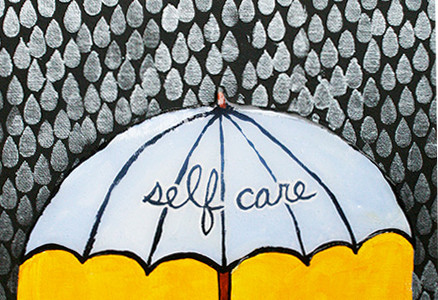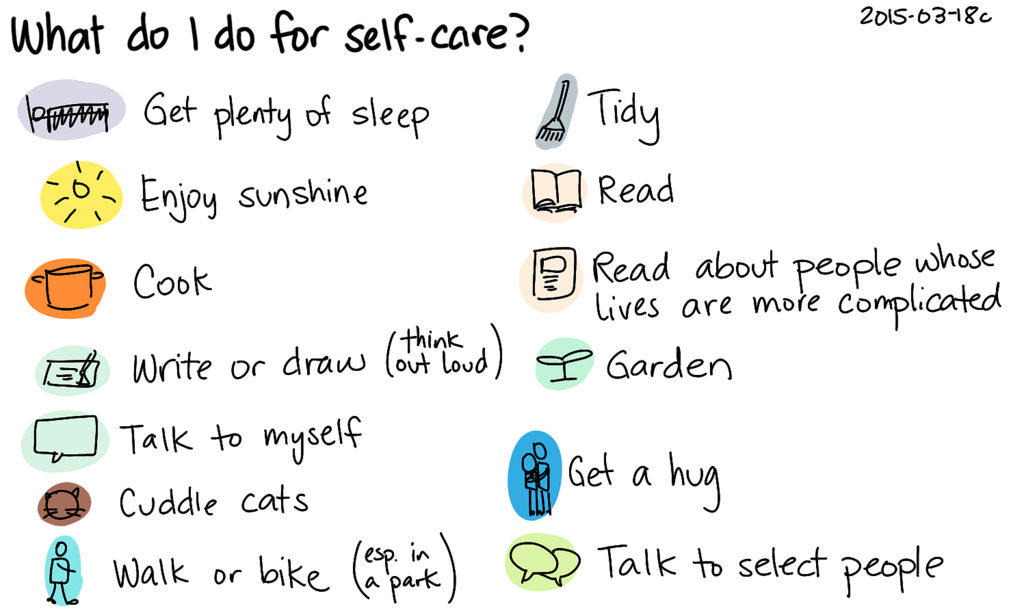“Get Through The Week” Advice
Work can be a stressful place sometimes. Due dates, timelines, tasks… Things are constantly running through our mind, forcing us to over-think everything, making us feel that the things we are working on are way bigger than they actually are. But work isn’t the only place this happens.
Often as adults, we overlook the stressful lives that children in this day and age are living. The strange part is, many of the stressors that adults experience are the same as students in the classroom are experiencing. Students have deadlines. Students have work. Students have social pressures. And yet, we as teachers do not always do an adequate job of preparing students for these stressors that they will most likely experience for the rest of their lives.

There is a movement in the world of education to break down the stigma of mental health by explaining exactly what it is to be depressed or anxious. We also explain to them the importance of seeking help and we provide them with different resources they can contact. On a day-to-day basis, students experience a number of different stressors, but does this make them depressed? In the short-term, no. So, shouldn’t we also prepare them for the daily stress they’ll inevitably encounter?
This video from Dr. Mike Evans explains (using an awesome visual aid) the various ways that you can get through a “crap” day or week. Here is a brief summary of his “get through the week” advice:
- Stick to the basics:
- Sleep
- Activity
- Get perspective
- Eat
- Go on a date
- Clean up your space

In its very essence, his advice explains the basics of self-care. This is something that is of great importance to all people, students included. Each of these little topics can be used to start a class discussion about mental health, self-care, and realistic and achievable methods of dealing with stress. Even a 20-minute discussion once a week could provide students with an understanding of their own stress and how to cope with it, so that they can continue to reach their highest potential.

For your viewing pleasure, here is Dr. Mike Evans’s video: